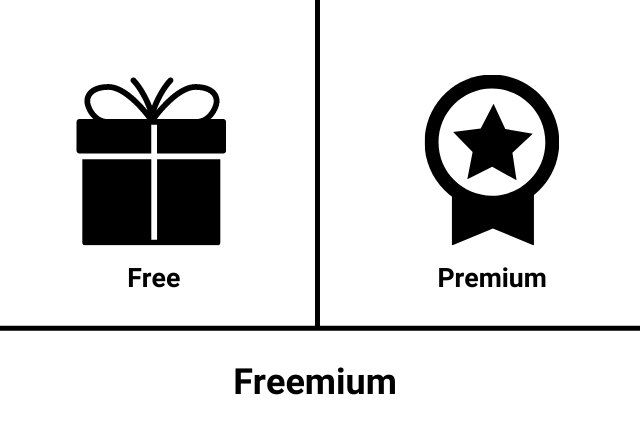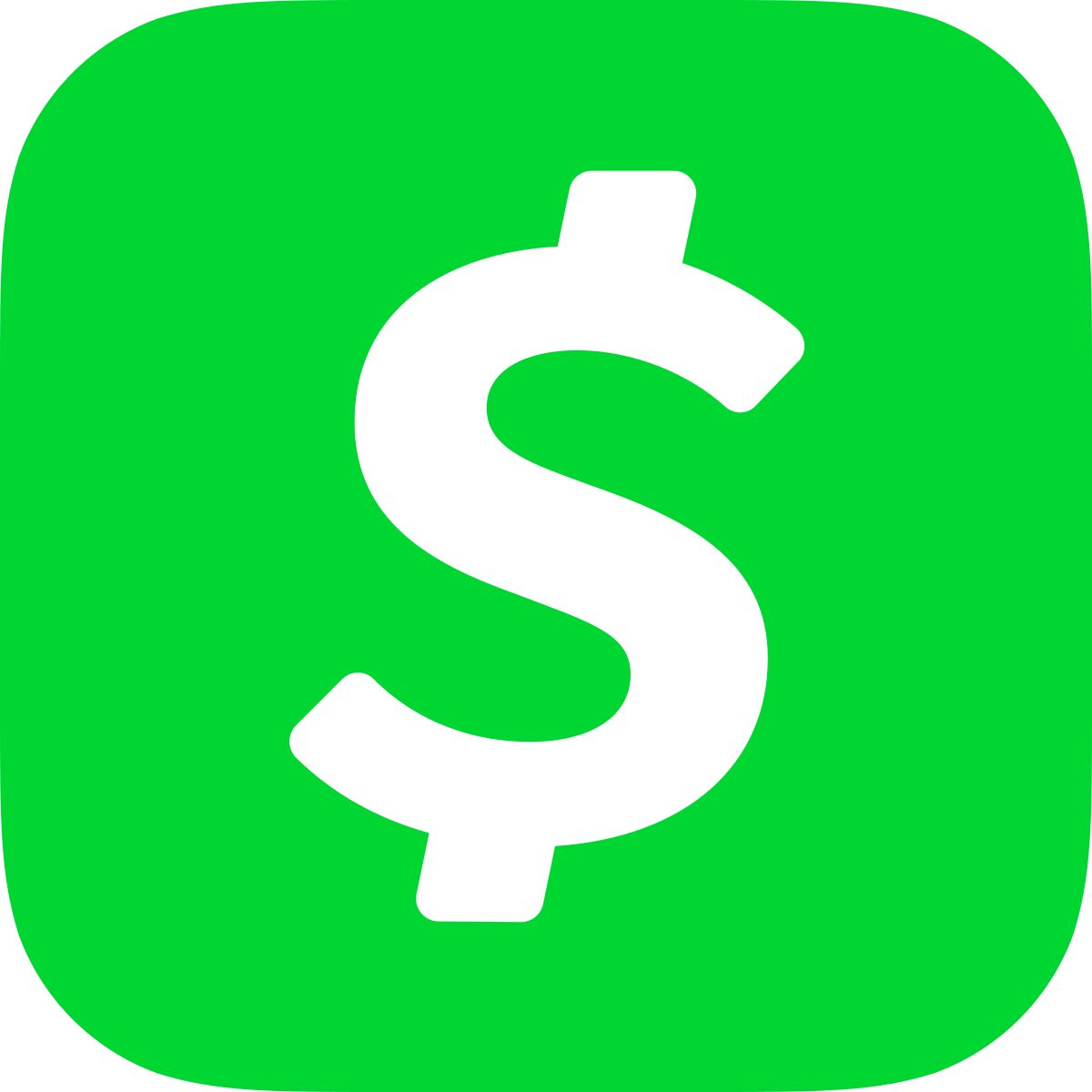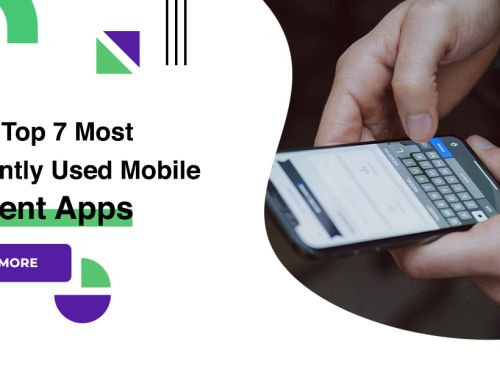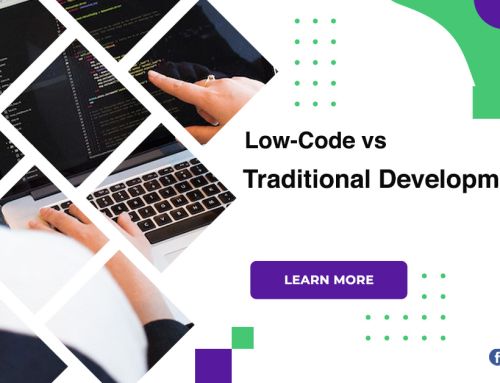Top 10 Business Models For App Development
The smartphone sector has seen a tremendous boom in the past years. With companies launching affordable mobiles and having a wide distribution network, they have been able to penetrate the markets exponentially and reach every sector of the economy. If mobiles are the engines, apps are its fuel.
Business models for app development
Freemium models
- The freemium model allows the developers to get a massive user base because it’s free for the user.
- The revenue, it offers the option for users to enhance their experience through purchases and subscriptions within the app, also called in-app purchases.
- The reach makes the model very powerful and is widely popular for games and other mobile apps.

Advertisements
- Digital advertisements have become widely prevalent and easy to integrate.
- Several platforms like Google Ads allow app developers to run ads in their app’s interface and earn money out of it.
- It is a great business model, and developers need not demand money from the users, while they can generate decent revenues.
SaaS model
- This business model relies on users buying the app subscription in exchange for its services.
- The rise of OTT apps like Netflix and Amazon Prime, this model has gained prominence quickly.
- The users will pay a certain amount of money on a monthly or annual basis, and the users can access the app properly.
- This model is widely popular for video-streaming, music, and e-book related applications.

Sponsorships
- Start-ups these days are in the continual hunt to attract new customers. It has led them to adopt varied marketing techniques, sponsorships being one of those.
- They pay a certain sum of money to collaborate with the app to initiate or integrate their campaign in their app.
- This, your app should have a large user base or a great reach in a niche-specific group.
Affiliate marketing
- Affiliate marketing is a simple business model. Most e-commerce apps like Amazon and Flipkart offer affiliate memberships for their platforms.
- If a sale is made through the affiliate member’s link on the e-commerce website, the member receives a certain percentage as commission.
- It allows the app developers to earn decent money without hampering the user experience with ads or compel them to pay.
E-commerce applications
- Selling on the internet has very quickly become a thing.
- One can order anything and everything from books, mobiles to even food and medicine online.

Paid apps
- Both the well-known application stores in existence, the Google Play Store and App Store by Apple, allow app developers to list their apps on their platforms either for free or by paying a certain amount of money.
- If you choose to make your app a paid one, you will earn money every time someone installs the app.

Commissioned apps
- It is again a great business model available in our realms. Businesses need customers to keep thriving. Customers need assistance from various businesses for a bunch of their daily needs.
- If you can act as an intermediary between the two parties through an app, both of them wouldn’t mind paying some extra money as commissions for the convenience your app provides.
Selling the user data
- With the advent of data science and data analytics, data has become a more prized possession than diamond and gold.
- Data can be used in several ways by organizations to generate results.
Not having a business model
- It may sound absurd, but it is a wide practice done on a large scale by app developers.
- These types of apps are mostly developed for non-profit motives, and the intention goes beyond money.
Conclusion
Also, one can adopt more than one of these business models and integrate them. One shall only achieve the perfect option through trial and error or having extensive research data.









